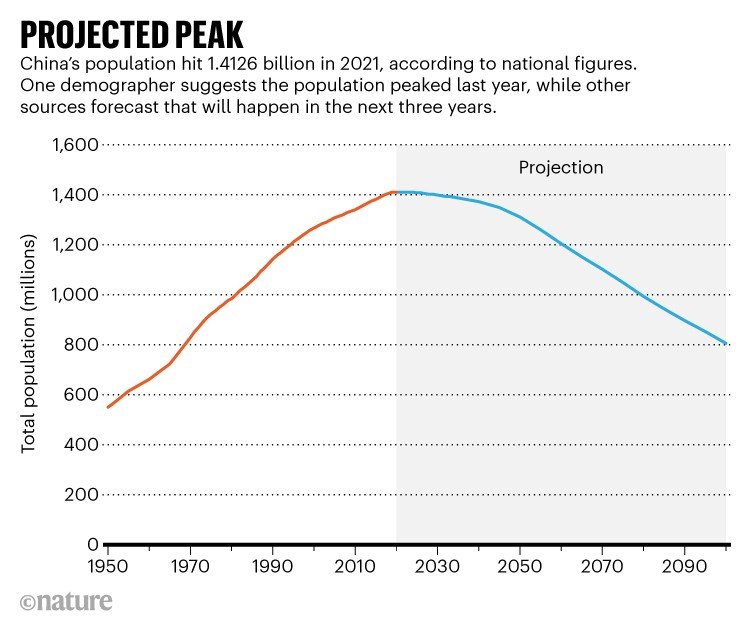The economic implications of China’s population decline
China, once known for its booming population, is now facing a demographic shift with significant economic consequences. As the population rapidly declines, several key areas of the economy are likely to be affected.

Labor Force: One of the most immediate impacts of a declining population is on the labor force. With fewer working-age individuals, China may experience labor shortages, leading to increased wage pressures and reduced productivity. This could potentially hamper economic growth and competitiveness, especially in labor-intensive industries such as manufacturing.
Dependency Ratio: As the population ages and the proportion of elderly individuals increases, the dependency ratio – the ratio of dependents (children and the elderly) to the working-age population – is expected to rise. This places a strain on social welfare systems, as fewer workers must support a larger number of retirees. The burden on healthcare and pension systems is likely to escalate, requiring significant adjustments and investments to ensure sustainability.
Consumer Markets: A shrinking population can have profound effects on consumer markets. With fewer young consumers, demand for goods and services catering to this demographic, such as education, childcare, and entertainment, may decline. Conversely, there may be increased demand for products and services targeted at older consumers, including healthcare, leisure activities, and retirement planning.
Innovation and Entrepreneurship: Population decline can impact innovation and entrepreneurship. A smaller pool of talent may limit the availability of skilled workers and innovative thinkers, potentially stifling technological advancements and economic dynamism. Moreover, declining population growth may dampen entrepreneurial activity, as businesses face a smaller market for their products and services.
Fiscal Challenges: Demographic shifts also pose fiscal challenges for governments. Reduced tax revenues from a shrinking workforce coupled with increased healthcare and pension expenditures strain public finances. Policymakers must implement reforms to address these fiscal pressures, such as raising the retirement age, promoting workforce participation among women and older individuals, and encouraging immigration.
In conclusion, China's rapidly declining population carries far-reaching economic implications across various sectors. Addressing these challenges requires proactive policies aimed at promoting workforce participation, stimulating innovation, and ensuring sustainable social welfare systems. Failure to adapt to demographic changes could jeopardize China's long-term economic prospects and competitiveness on the global stage.
Sincerely,
Pele23
Because the new world order has imposed on people not to breed, but to live alone.
🤔 wow, I never thought I would see a china as anything but a population machine. Growing up, the jokes were always about marching into the ocean, but never running out..
Thank you for your witness vote!
Have a !BEER on me!
To Opt-Out of my witness beer program just comment STOP below
View or trade
BEER.Hey @pele23, here is a little bit of
BEERfrom @isnochys for you. Enjoy it!We love your support by voting @detlev.witness on HIVE .
Yay! 🤗
Your content has been boosted with Ecency Points, by @pele23.
Use Ecency daily to boost your growth on platform!